Impactful Words, Impactful Poems
Poetry is the most powerful form of communication
Words are one of the most powerful tools a person can use. They bridge a lost connection between one and another. They inspire people to find their way and to find themselves. They heal the sorrows of the writers and comfort the reader. They teach emotions and experiences that can only be felt within the context of those words.
Of the many forms of words that can be crafted, one of the most impactful ways is through using them in the form of poetry. Words are polished and refined to be condensed into a saturated section. AP Literature teacher and sponsor of Creative Writing Club Strom Shaw said poems capture the vigorosity of a moment and the message the author is trying to convey.
“I often describe poetry in class as prose with all the water wrung out of it,” Shaw said. “It’s language condensed into its most potent form.”
The poem, although it is comparatively a shorter piece of work, enhances the words’ meaning and creates a powerful narrative that entices the reader to learn the history and emotions present within the poem. Senior Jordan Courtney recently began to write poetry seriously. She said poetry has hidden meanings that are amplified through literary devices and structure.
“There’s a lot of things that go into making words powerful because words themselves are powerful enough,” Courtney said. “But if you just add tiny little things to them, that’s kind of like the armor that makes them even more powerful.”
Shaw said poems can encourage the author to explore themselves and simplify their feelings into compact and loaded sentences.
“Powerful poems are brave, they go places that were likely difficult for the poet to go — and that doesn’t have to be painful,” Shaw said. “Sometimes it’s difficult to accurately capture how someone feels… but any time a poet goes somewhere in themselves that is painful to process and requires a little bit of bravery to dig into it, and then to share that out, I think that makes a poem powerful.”
It is important to acknowledge that “powerful poem” is a general term because there truly is no category that sets poems aside because all poems, in one aspect or another, are powerful. Furthermore, people interpret poems differently and prioritize different things. For vice president of Creative Writing Club and junior Carolyn Brotherson, poems are something that show the truth of the author.
“I really do think if someone’s being authentic and they have the intention to maybe change lives or maybe open up people’s eyes, I think that is enough to make that intention of wanting other people to know your story or to hear things that they may not have heard before,” Brotherson said. “It’s enough to make the piece powerful.”
Courtney said poems reveal the author’s true identity.
“A lot of people say actions are the most powerful thing but I think words can really show who you are a little better than actions because you can mask who you are with actions,” Courtney said. “But the words you say whether it’s good or bad, really kind of reflect the true you hidden underneath everything.”
Poems make people think, doubt and influence their beliefs. Brotherson said her favorite poem that made people think and doubt was written and presented by her friend.
“She spoke about a topic that a lot of people are aware of, but not enough people talk about and I think that’s very powerful, and that’s what poetry should be about,” Brotherson said. “People should talk about things that other people are afraid to talk about.”
However, not all powerful poems have to contain elements that challenge. A poem simply has to be. Creative Writing Club President Hannah Young said simply expressing ideas and emotions are enough to create an impact because they teach others to show empathy.
“Every time you learn about someone else’s experiences, it makes you a more intelligent and understanding and compassionate person,” Young said. “I think you will always benefit from hearing what someone else has to say, because even if you didn’t feel like you learned anything directly from it, you learn someone else’s perspective and thoughts. And that in itself is so valuable.”
The loaded words take the reader on a journey through the author’s head. Shaw said a technique he likes to use is narration. This type of poetry usually doesn’t include a back story, but rather focuses on a specific moment.
“It just throws the person into that event, and [the reader] gets to experience the feelings, the intensity, whatever it is with it,” Shaw said. “And I think it’s powerful in that way, and that it lets people experience what other people have gone through without needing to be any more than just a page.”
However, there’s not just one cut-in-stone way poems can be written. There’s free verse, rhymed poetry, sonnets and many more. Each is created differently, but still impacts the same. Brotherson said she believes slam poetry is the most powerful form of poetry.
“Especially spoken word, I find very powerful because it’s a way that really taps into this part of human society, like empathy, where it really allows us to connect with other people,” Brotherson said.
She said the most impactful poem she heard was at a slam poetry competition about growing up as a Black teen in Kansas City.
“I never really thought about it like that before, because Southwest is kind of this isolated [place],” Brotherson said. “But hearing her speak like that, it really changed my perspective.”
Connection is a vital component to poetry. It helps people grow and feel heard. Young said her most eye-opening experience with her own poetry was when she shared it at a poetry slam competition because people resonated with it.
“That was the most powerful [poem] that I’ve written so far,” Young said. “Not because it’s any more powerful in itself than the others, but because that one person heard it, and people listened and people related to it.”
The beauty of poetry is the freedom that comes with it. Authors can write without having to be weighed down by grammar and structure, and readers can interpret it in the way they see fit. They can simply enjoy a piece or develop a life-changing perspective. Sometimes, that change is not so obvious.
“Sometimes it reflects back things that you want to be true about yourself,” Shaw said. “It’ll reflect back in the sense that it’s like, ‘OK, that’s not true about myself right now, but I want it to be true.’ So it gives you perspective.”
Poems are not restricted by age, gender or even race; they are something everyone can enjoy and experience. Young said Shell Silverstein is one of the poets whose poems are shared with everyone. She thinks it’s interesting the way he involves different groups of people through his poetry.
“[Silverstein’s poems are] goofy, and it’s for kids, but a lot of it has really deep meaning,” Young said. “And I think that it’s just amazing that his poetry was able to touch so many people of all ages — the mothers who read it to their kids and the kids who read it.”
Poems not only influence the reader, but create an impact on the writer. Writing poetry helps express the author’s true self and their experiences. Courtney said she uses it as a way to convey herself to the world.
“I kind of write poetry in order to express myself, because I, personally, have a lot of trouble socially interacting with people in what is considered the correct manner. I kind of used poetry as a way to show who I really am on the inside,” Courtney said. “I find it a lot easier to use eloquent language and really ornate words to describe who I am.”
Poems heal wounds and help the writer level with themselves and their circumstances. They organize thoughts and bring structure to a chaotic life. Young said it can be thought of as a kind of therapy.
“Poetry is a great way for me to transfer my thoughts to paper and also use it to slow down and really listen to what I’m saying and see how I really feel about something,” Young said.
Shaw said he has seen first-hand how poems alleviate the trauma that the writers carried. Although writing poetry can’t conquer all the pain and sorrow, Shaw said it was inspirational to see his students challenge themselves and be strong while exploring their deepest fears and memories.
“[I saw] the students deal with some stuff, like some students really dealt with some trauma in their life through those poems and hadn’t dealt with that previously or were trying not to go there or think about it. And they were brave and went there,” Shaw said. “Just seeing the bravery and seeing these students and these young people deal with real issues in their life was just really powerful.”


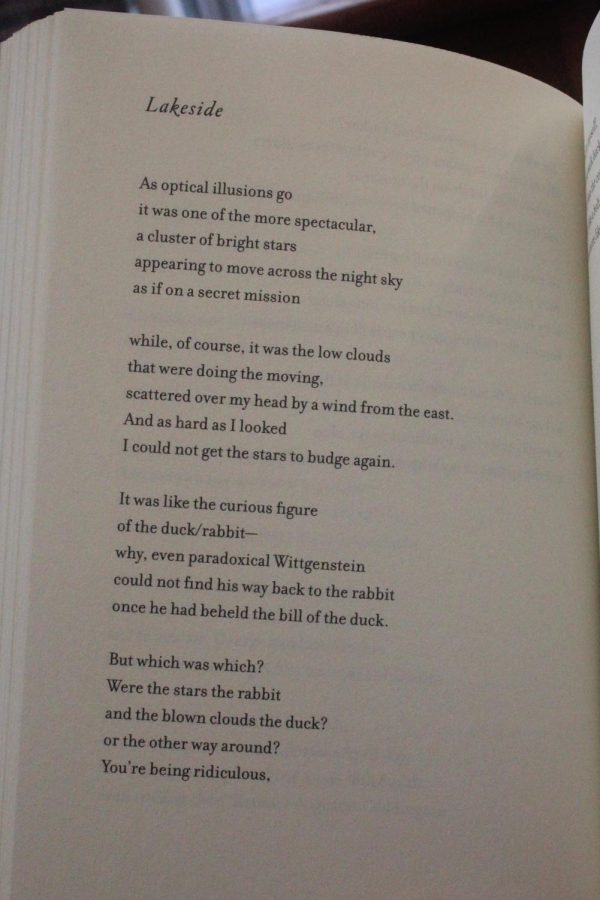
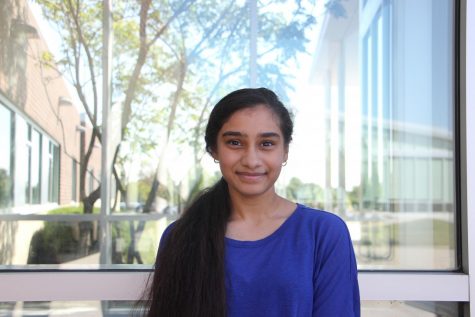
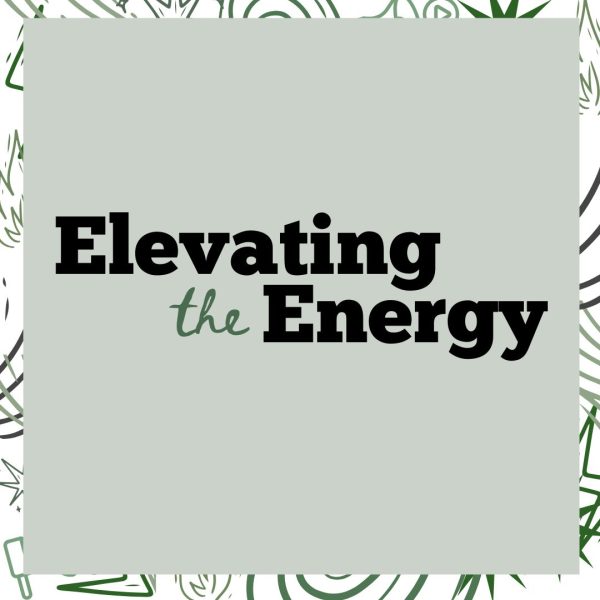
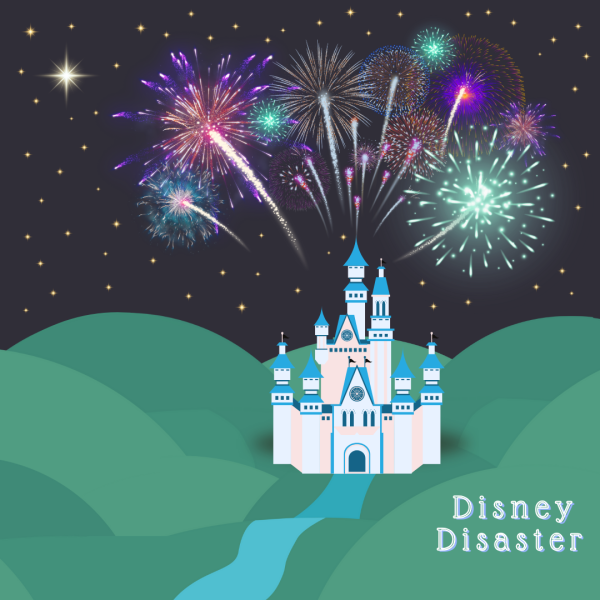
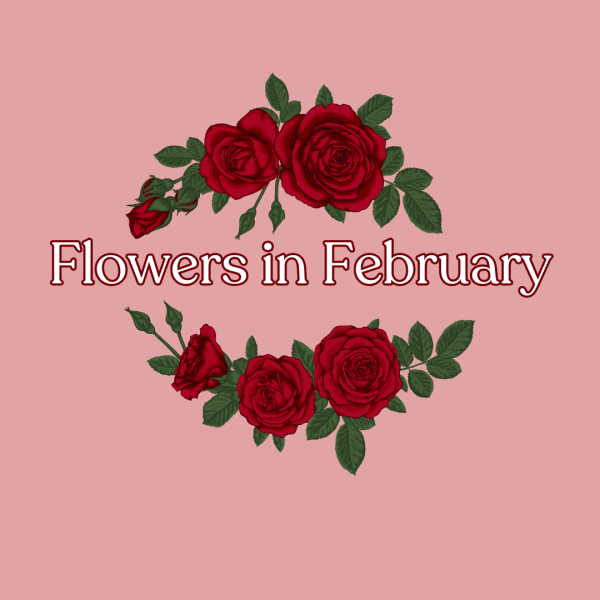
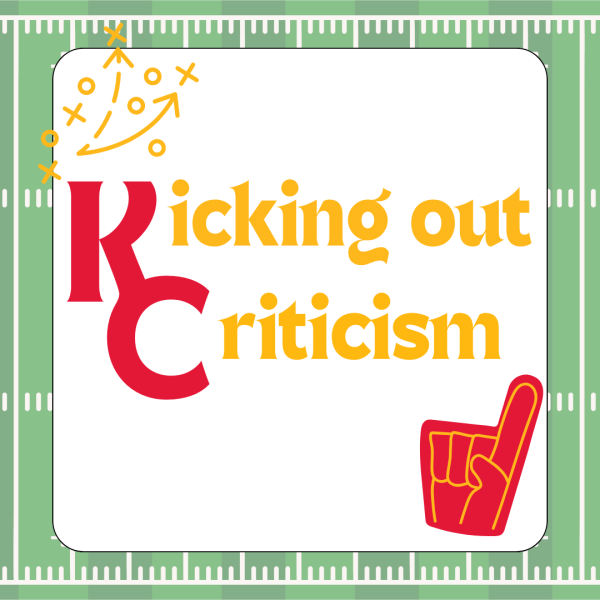


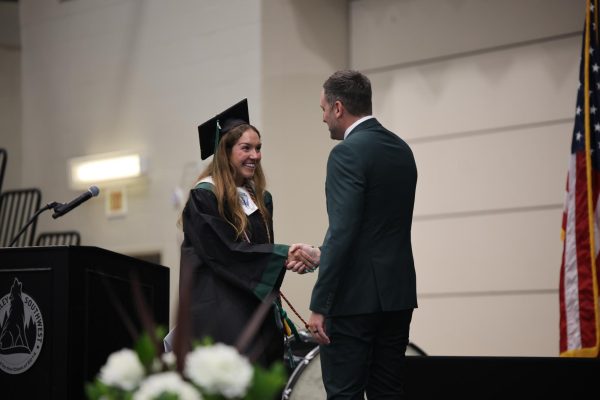



sakthi • Apr 3, 2022 at 2:36 am
where can i buy that book